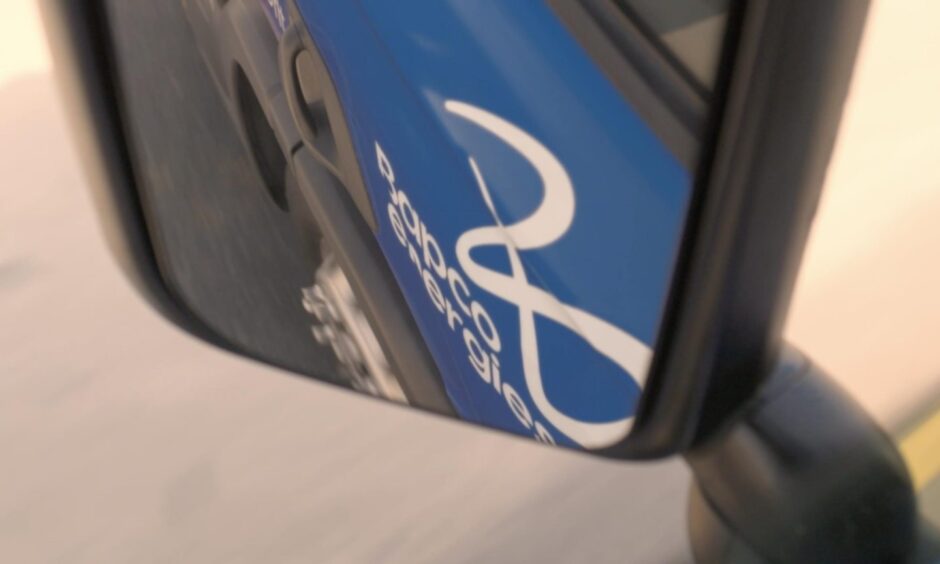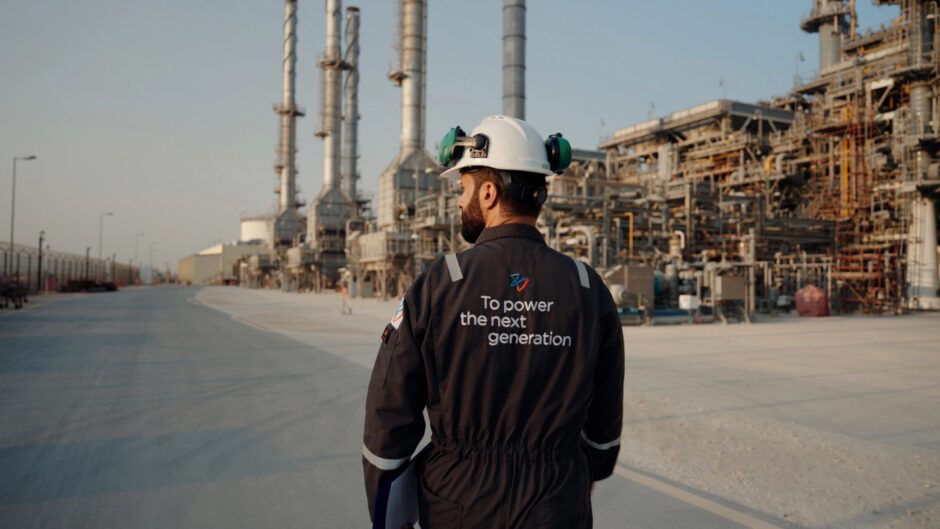
At a time when sustainability and financing are becoming increasingly intertwined, making the case to fund oil and gas companies can prove challenging.
Bapco Energies has had some notable successes in making its case that it can develop Bahrain’s natural resources while also winning favour from international investors with sustainability criteria.
In mid-March, the US Export-Import Bank board approved a $500 million loan guarantee for Bapco Energies. According to the US institution, the loan will support more than 2,000 jobs in Texas.
EXIM has faced scrutiny over its support, though. The bank said the loan would support work on an ongoing gas field development programme, rather than meaningfully increase production.
Furthermore, EXIM head Reta Jo Lewis said, the deal will help Bapco Energies “achieve its climate goals of enhanced grid interconnectivity, more efficiency, decarbonisation, and investments in large-scale solar projects”.
Bahrain has committed to reaching net zero by 2060. Bapco is responsibly for 70% of the country’s emissions across all scopes. The company has committed to reaching net zero at the same time as the country, including scope 3 emissions.
Bapco CEO Mark Thomas, answering questions via email, explained the company was “embarking on a path towards sustainability”.
Thomas noted the company’s work with Standard Chartered. The two sides worked together on a “world-first sustainability-linked finance framework, rooted in the principles of openness and accountability”. Bapco provides an annual ESG basis, he noted.
Risk profile
The company closed a $2.2 billion dual-tranche sustainability-linked term facility in November 2023. This involved a number of local banks and included a number of sustainability KPIs, such as emissions intensity and health and safety markers.
Commenting at the time, the head of Mashreq bank, Ahmed Abdelaal, said the facility “further incentivises [Bapco] to accelerate its progress towards a cleaner and more sustainable future”.
Thomas explained that integrating sustainability criteria into its financing was a benefit to Bapco but also drove “positive change” across the kingdom of Bahrain.
The CEO went on to say that the strategy had not changed, even in a higher interest rate environment.
“Given the current landscape, a crucial aspect of our financial strategy involves optimising the risk profile across the group and its operating companies. Progress in this area is already evident, with several initiatives successfully implemented,” he said.
Bapco recently secured a “ground breaking ESG-linked interest rate swap, strategically hedging a portion” of the company’s interest rate exposure. “This innovative arrangement aligns the hedged rate with specific sustainability-based KPIs, supporting our sustainability goals while effectively managing risks associated with interest rate fluctuations.”
Bapco has also established its own captive insurance company. “This centralised approach facilitates the adoption of a unified risk management strategy, laying the groundwork for long-term sustainability. It enhances the company’s resilience, stability and adaptability to evolving insurance-related risks,” Thomas said.
Capital investments
Amid the company’s drive to tackle emissions, it will continue as a hydrocarbon producer for the foreseeable future – even while increasing renewable energy generation.
The heart of its growth plan is the Bapco Modernization Program (BMP). This is “our largest capital investment to date”, Thomas explained.
It is “geared towards upgrading our current facilities into one of the region’s most competitive and environmentally responsible refineries. This initiative is integral to the realisation of the Kingdom’s Vision 2030 and its long-term socioeconomic sustainability goals.”
Bapco is in the commissioning and start-phase of major utilities under the BMP. This, the CEO said, should “span most of the first half of 2024. Subsequently, we will commence the start-up sequence of the hydrocarbon processes later in the year.”
Other projects still in the planning phase include a carbon capture and storage (CCS) cluster. According to Bapco’s sustainability framework, large industrial emitters account for 80% of Bahrain’s total. Interstate is assisting Bapco with its transformation plans.
A CCS plan capturing 18% of domestic emissions would be economically feasible, the Bapco CEO said. This would account for around 7 million tonnes of the total 38mn tonnes.
While this would be a start, Thomas noted there was a need for “alternative approaches” to tackle the majority of emissions. “Finding a balance between technological innovation and economic viability is essential for effectively addressing emissions.”

